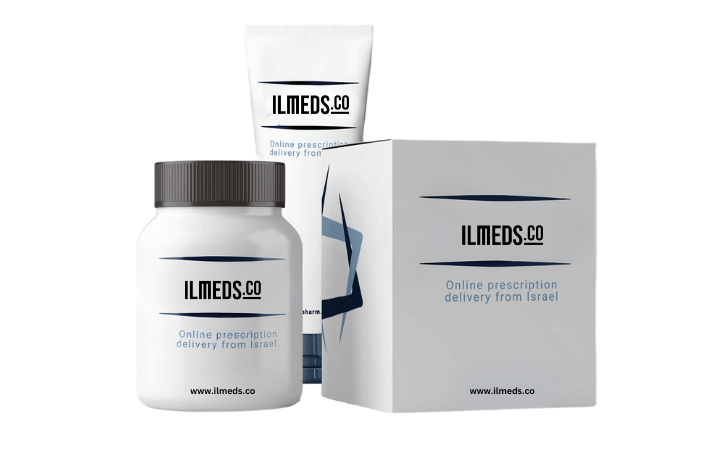Afinitor (generic name: everolimus) is used to treat various types of cancer including: Breast cancer Renal cell carcinoma Advanced neuroendocrine tumors Renal angiomyolipoma Subependymal giant cell astrocytoma (lesions in cells that are located on the walls of the cerebral ventricles in the brain) Stomach and intestinal cancers Lung cancer For people with the rare genetic disorder known as tuberous sclerosis complex (TSC), it is also used to treat associated types of benign tumors in the brain, skin, kidneys, heart, eyes and lungs . Afinitor belongs to a class of drugs called antineoplastics, which inhibit or prevent the growth and spread of tumors or malignant cells. This makes Everolimus a member of the class known as mTOR kinase inhibitors, which inhibit the mechanistic target of rapamycin (mTOR). By inhibiting mTORs, everolimus restricts tumor growth. Afinitor may be prescribed for use alone or with other medications.
Brand Manufacturer: Novartis
Side Effects: The most common side effects of Afinitor include: Fever Cough Headaches Infections Weakness and tiredness Mouth sores, rash Nausea, loss of appetite, increased thirst Swelling anywhere on the body Missed menstrual periods Increased urination, Dry mouth, fruity breath odor These side effects should clear up within a few days. If they persist or get worse, consult with your doctor or pharmacist. Afinitor may sometimes cause serious side effects including: Hives Difficulty breathing, a new or worsening cough, wheezing, shortness of breath Swelling of the face, lips, tongue, or throat, blisters or ulcers in your mouth, red or swollen gums, trouble swallowing Chest pains Fever and chills Tiredness Joint pain, swelling of the feet or ankles Skin rash, skin sores, easy bruising, unusual bleeding, pale skin Reduced or no urination, dark urine, clay-colored stools Nausea, loss of appetite, stomach pain – especially on the upper right side Signs of jaundice – yellowing of the skin or eyes Flu-like symptoms, cold hands and feet, lightheadedness Any surgical incision or wounds that will not heal, and remain red, warm, swollen, painful, and bleeding or oozing pus Get medical help immediately if you have any of the above symptoms.
Indication: Afinitor is prescribed for a wide range of cancers, tumors and carcinomas, as well as in the case of patients with the genetic disorder tuberous sclerosis complex (TSC). The following is a short list of the main uses of Afinitor: Hormone receptor-positive (HER2-Negative) breast cancer in postmenopausal women with advanced hormone receptor-positive gene. Usually prescribed along with exemestane hormonal replacement therapy, after failure of treatment with letrozole or anastrozole. Progressive neuroendocrine tumors of pancreatic origin (PNET) of gastrointestinal (GI) or lung origin with unresectable, locally advanced or metastatic disease. Renal cell carcinoma (RCC) after failure of treatment with sunitinib or sorafenib. Tuberous sclerosis complex (TSC) associated renal angiomyolipoma that requires therapeutic intervention but cannot be curatively resected or for the adjunctive treatment of adult and pediatric patients aged 2 years and older with TSC-associated partial-onset seizures.

